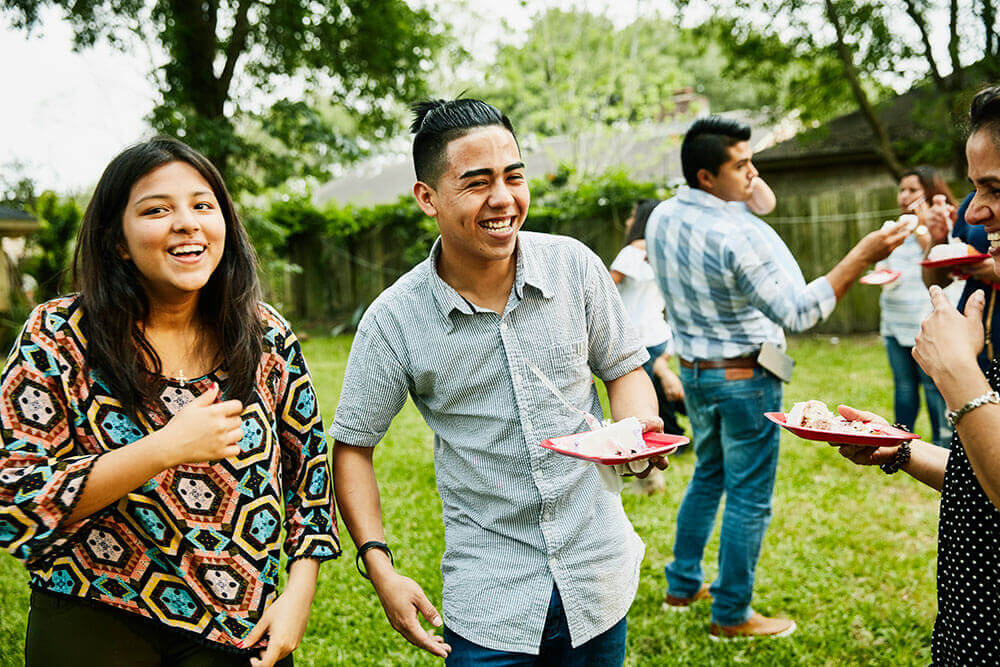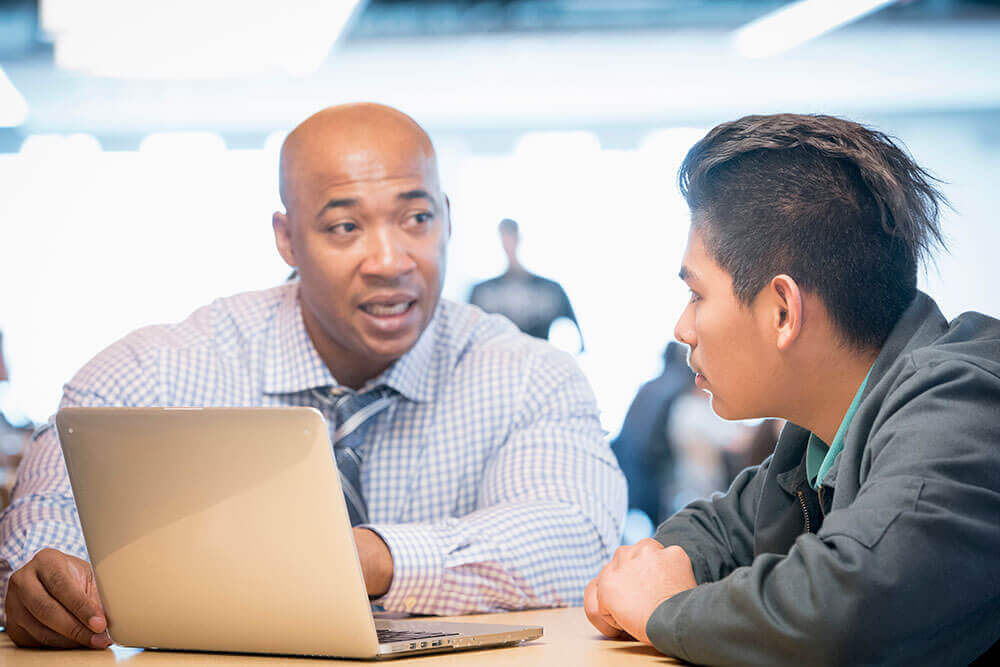Foster Youth Bill of Rights

California Foster Youth Bill of Rights
In 1998, youth advocates from California Youth Connection (CYC) recognized the need for an agency that would advocate for the voices of youth in the foster care system. As a result of that advocacy, the California Office of the Foster Care Ombudsperson (OFCO) was formed. In 2001, the Foster Youth Bill of Rights was created and became one of the most important pieces of legislation for the office to oversee. In 2020, the Foster Youth Bill of Rights was updated to include over 41 foster youth rights.
Today, the OFCO provides curriculum, training, and technical assistance to ensure the rights are upheld.
Download the California Foster Youth Bill of Rights
Los Angeles County Foster Youth Bill of Rights
As the largest child welfare system in the country, the Los Angeles County Board of Supervisors recognized that it should create its own Foster Youth Bill of Rights and Services materials to ensure that youth in the foster care system are provided every reasonable resource to facilitate their development as “healthy, educated, and self-sufficient” young adults.
You can now visit the Los Angeles County Foster Youth Bill of Rights and Services website at LAYouthRights.com. It will provide necessary information about services, programs, and legislative mandates to youth and resource families in Los Angeles County.
Download the Foster Youth Bill of Rights
Food Assistance

No child or youth should ever go hungry in the county of Los Angeles. CalFresh, known federally as the Supplemental Nutrition Assistance Program (SNAP), provides foster youth with monthly benefits to purchase food. If you are having trouble accessing food and you have an open case with DCFS, are a dependent of the court living with a relative or in foster care, are participating in the Independent Living Program, or you are in extended foster care, you may be eligible to receive CalFresh.
Applying is easy. Just follow three simple steps:
- Complete the application online, in person, or by phone.
- Complete the interview.
- County determines eligibility in 30 days or less!
CalFresh
Phone Calls

As a foster youth in LA County, you have the right to make and receive telephone calls in private while in foster care, regardless of the type of placement you have unless the court has limited who you can talk to. If the court has decided there are people you are not allowed to talk to, the court or your social worker must tell your caregiver (group home, foster parent, relative) in writing.
You can always make calls if there is a real emergency. Also, there are certain people you are ALWAYS allowed to call. These people include: your lawyer, your social worker or probation officer, your Court Appointed Special Advocate, your family members, the Ombudsman’s office and Community Care Licensing. Your caregiver cannot temporarily take away your right to talk to other people, even on your cell phone. You cannot be forced to pay for these calls and you also cannot be forced to pay for local telephone calls. You must always have access to a free phone.
You have the right to own a cell phone unless there is a court order stating otherwise. If you do not have access to a cell phone, please speak to your social worker about getting a cell phone free of charge.
Education

Your social worker and educational providers are required to ensure that you feel safe, comfortable and are successful in your academic pursuits. You have the right to the same educational opportunities as all students, consistent with your age and developmental level.
Your rights include:
- A stable schooling placement that is the least restrictive for you
- Access to academic resources, services, extracurricular, cultural, and enrichment activities
- Opportunity to attend school regularly with minimal disruption
- Enrollment at your school-of-origin following a change in your residence if you so choose
- Enrollment in a school with your peers
School Transportation
Several options are available to help transport you to your school-of-origin:
- Your caregiver can receive a reimbursement to transport you
- You can be issued a bus pass or tap card, if appropriate
- Your school district-of-origin can accommodate you through existing school bus route
If none of these options are available, arrangements can be made to transport you via a child-friendly private car service.
Foster Youth Education Rights
Legal Representation

If, during a DCFS investigation, it is determined that there is credible evidence of mistreatment or neglect, a petition will be filed with the Los Angeles County Juvenile Dependency Court on your behalf and a case will be opened.
Children’s Law Center of California represents minors in juvenile dependency proceedings in Los Angeles County.
To reach your attorney, please call 323-980-1700. Or if you believe your attorney isn’t supporting you the way you feel that they should, you may contact the Children’s Law Center of California directly, or visit the Juvenile Dependency Court’s Clerk’s Office. Their staff can assist you in filing a complaint form or writing a letter to the judicial officer in your case.
File a Complaint
There are additional legal resources available to youth such as the Alliance for Children’s Rights and Public Counsel. Both organizations are dedicated to protecting the rights of children and youth in the child welfare system to ensure their well-being.
Court-Appointed Special Advocates

The Court-Appointed Special Advocates program (CASA) is a nonprofit that enlists screened, trained, and supervised community volunteers to advocate for the best interests of children in foster care. CASA volunteers get to know you and your circumstances in order to help you through key areas in your life, especially in finding permanent placement, school, health, and mental health issues. Volunteers are allies who advocate for your best interests – including making recommendations to the Court – and they can be a great resource.
CASA of Los Angeles
More Information






